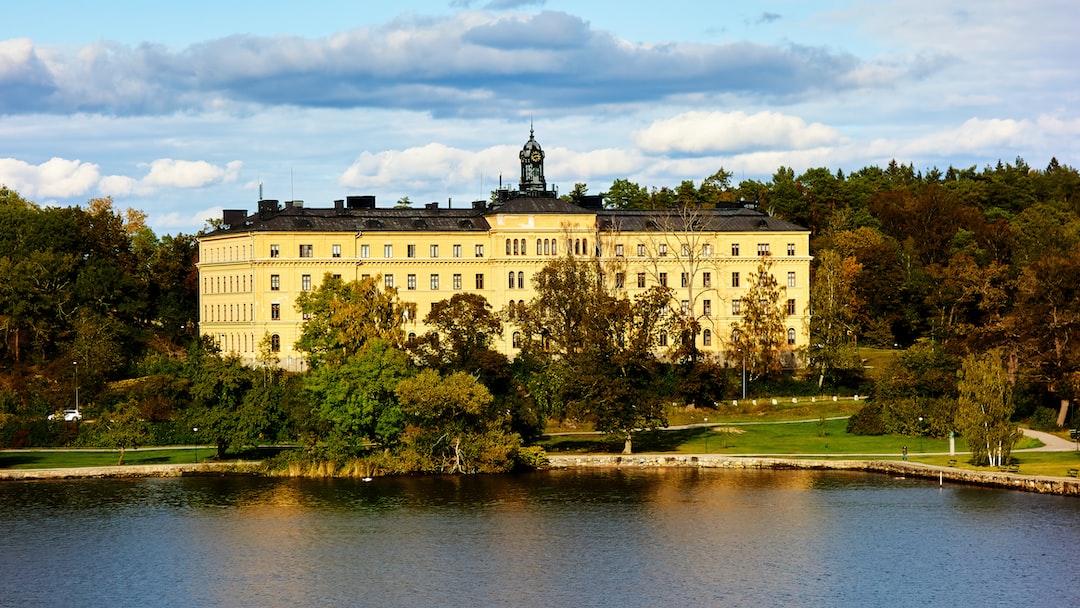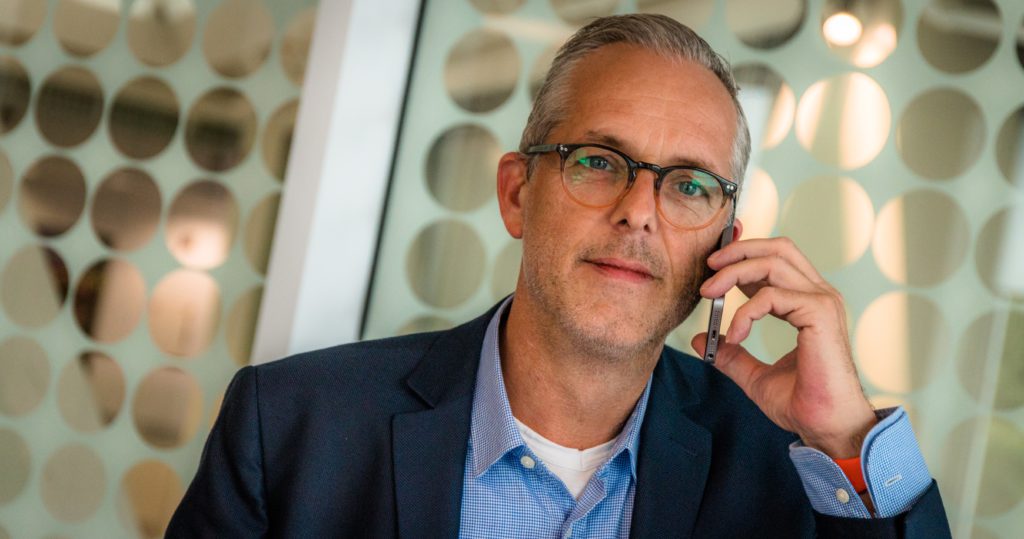Key Takeaways
Understanding the meaning of “check your privilege” is crucial in today’s society. It refers to recognizing and acknowledging the advantages and benefits one has in various aspects of life due to their social, economic, or cultural background. This article explores the concept of privilege, its implications, and how individuals can actively engage in self-reflection to better understand and address their own privilege.
What is Privilege?
Privilege refers to the unearned advantages and benefits that individuals enjoy solely based on their social, economic, or cultural background. It is often invisible to those who possess it, as it is considered the norm or default in society. Privilege can manifest in various forms, such as racial privilege, gender privilege, socioeconomic privilege, and more. It is important to note that privilege does not imply that individuals have not faced hardships or challenges in their lives, but rather that certain aspects of their identity provide them with advantages that others may not have.
The Meaning of “Check Your Privilege”
“Check your privilege” is a phrase commonly used to encourage individuals to reflect on their own privilege and the impact it has on their perspectives, experiences, and interactions with others. It serves as a reminder to consider the advantages one may have in certain situations and to be mindful of how those advantages can influence their understanding of the world. Checking one’s privilege involves acknowledging and challenging the biases and assumptions that may arise from their privileged position, and actively working towards creating a more equitable and inclusive society.
Recognizing Privilege
Recognizing privilege can be a challenging process, as it requires individuals to critically examine their own experiences and the advantages they have enjoyed. It involves acknowledging the systemic inequalities that exist in society and understanding how these inequalities shape one’s own opportunities and outcomes. Some ways to recognize privilege include:
1. Self-reflection: Take the time to reflect on your own experiences and consider how your social, economic, or cultural background may have provided you with certain advantages.
2. Listening to others: Engage in conversations with individuals from different backgrounds and listen to their experiences and perspectives. This can help broaden your understanding of privilege and its impact.
3. Educate yourself: Read books, articles, and resources that explore the concept of privilege and its implications. This can help deepen your understanding and provide insights into the experiences of marginalized communities.
Addressing Privilege
Once individuals have recognized their privilege, it is important to take action to address it. Here are some ways to actively engage in addressing privilege:
1. Amplify marginalized voices: Use your privilege to uplift and amplify the voices of marginalized communities. This can be done by sharing their stories, supporting their work, and advocating for their rights.
2. Challenge biases and assumptions: Be aware of the biases and assumptions that may arise from your privileged position and actively challenge them. This can involve questioning stereotypes, examining your own prejudices, and seeking to understand different perspectives.
3. Support inclusive policies and initiatives: Advocate for policies and initiatives that promote inclusivity and equality. This can include supporting organizations that work towards social justice, participating in activism, and voting for representatives who prioritize equity.
Conclusion
Checking your privilege is an ongoing process that requires self-reflection, education, and action. By recognizing and addressing our own privilege, we can contribute to creating a more equitable and inclusive society. It is important to remember that privilege is not something to be ashamed of, but rather something to be aware of and actively work towards using for the betterment of all. So, let us all take a moment to reflect on our own privilege and strive to make a positive impact in the world.









